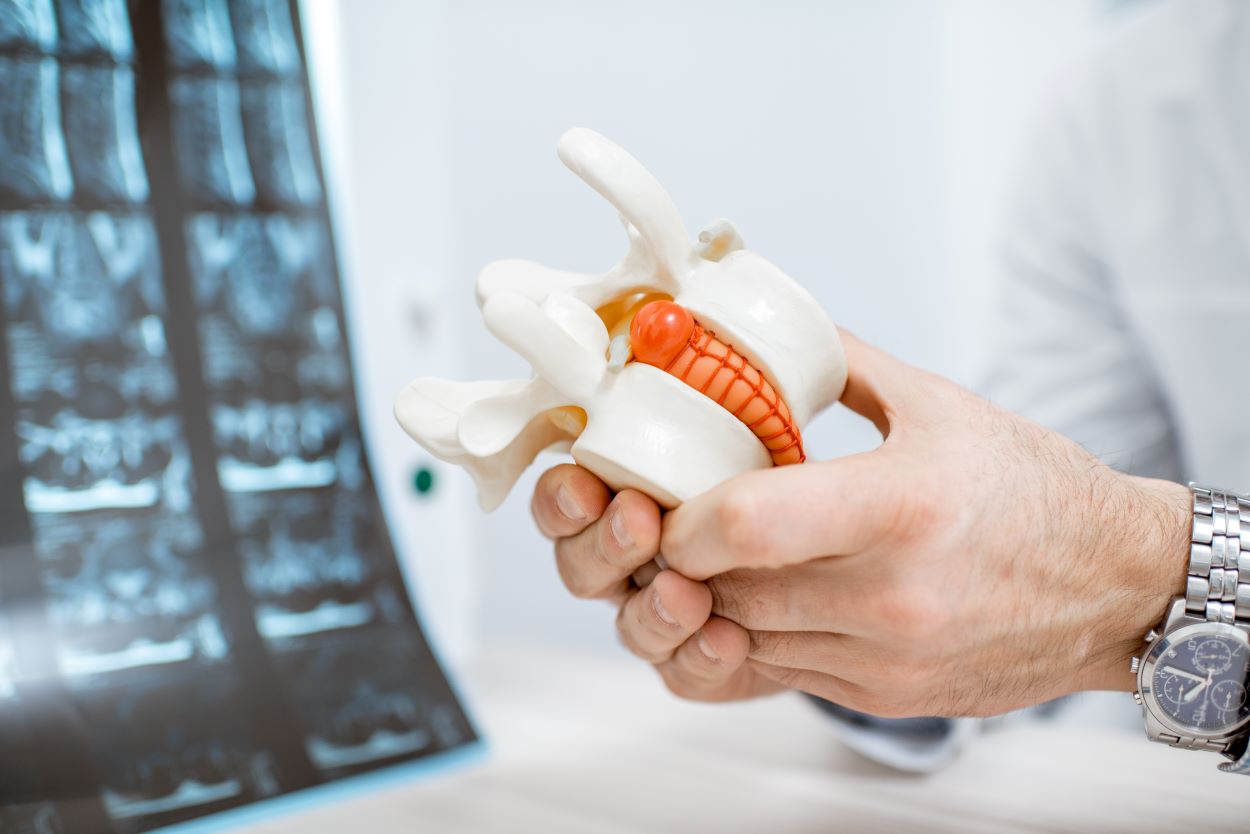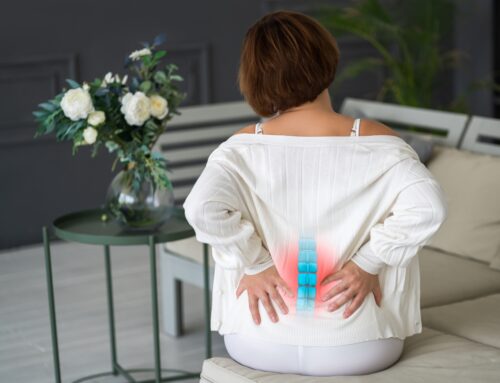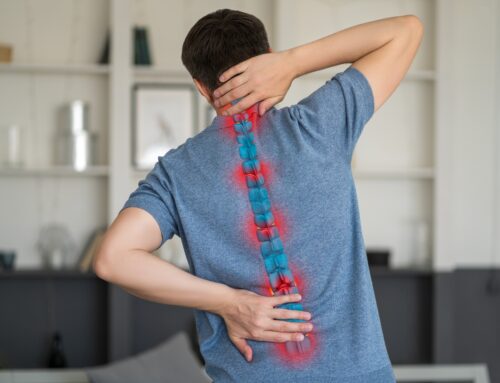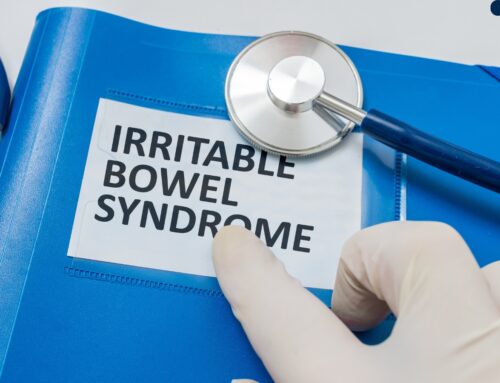Between each of our spinal segments lie small pads known as discs. When these discs slip out of place, they can place pressure on nearby nerves. This pressure, in turn, often leads to extreme pain and severe nerve symptoms in various areas of the body.
Specifically, if a person herniates a lumbar disc, she will often experience burning, stabbing, and radiating symptoms in her back and one or both legs. The same goes for cervical discs, except these injuries usually lead to symptoms in the neck and arms.
Disc herniation can happen in a variety of ways. In this article, we will examine some common and uncommon ways in which a person can herniate a spinal disc.
The Most Common Way to Herniate a Disc
Perhaps the most obvious way in which a person can herniate a disc is attempting to lift a very heavy object with poor form.
When lifting something very heavy, it’s crucial to practice excellent form and use the large muscles of the legs rather than those found in the back. Furthermore, you want to be sure to only lift within your ability, don’t let your ego get in the way!
For instance, imagine you had a very large package delivered to your apartment. Now, in this scenario, you live on a third-floor walk-up, and the package is at the bottom of the stairs. Getting this package all the way up to your apartment is going to be tricky. You’re going to not only have to lift the package off the ground, but you also have to negotiate the stairs.
If you can keep good form the whole time and ensure that you don’t stress your back, go for it! However, this is unlikely to be possible for most people. In fact, many individuals could injure their backs and/or herniate a disc.
The best option in this scenario would be to ask a neighbor or friend for help. This will reduce the chances of you injuring yourself and will be much easier overall.
Uncommon Ways of Herniating a Disc
While lifting a heavy object is the cause of most disc herniations, there are many other ways to develop back pain as well.
Sneezing
In some rare cases, very hard sneezes or coughing fits may lead to herniated discs. The incredible level of internal pressure we develop when sneezing can force our discs into a poor position and may lead to herniation.
If you have developed back pain after a prolonged illness, or even a single, very hard sneeze, you should ensure that you are evaluated by a professional ASAP.
Stretching Too Far
Sometimes, even just reaching a little further than usual for the remote while you’re seated on the couch can lead to a disc herniation. By putting the spine in a vulnerable position, you risk injuring your back.
Occasionally, you might hear a “pop” or a “cracking” sound when you herniate a disc. However, in many cases, you’ll hear nothing and the only symptom you’ll feel is extreme pain followed by weakness and potentially sensation changes in your legs or arms.
Rolling Over in Bed
Unfortunately, you can even herniate a disc when you’re completely relaxed in bed. On rare occasions, simply turning over onto your side can lead to a herniated disc and back pain.
If this happens in your sleep, it will probably wake you up. However, you might sleep through the night and wake up in the morning with severe pain and no idea what happened!
If you’re suffering from back pain due to a herniated disc or another cause, come see us at At Last Chiropractic. We’d love to be your go-to chiropractor in Lithia FL. Book your appointment today.






